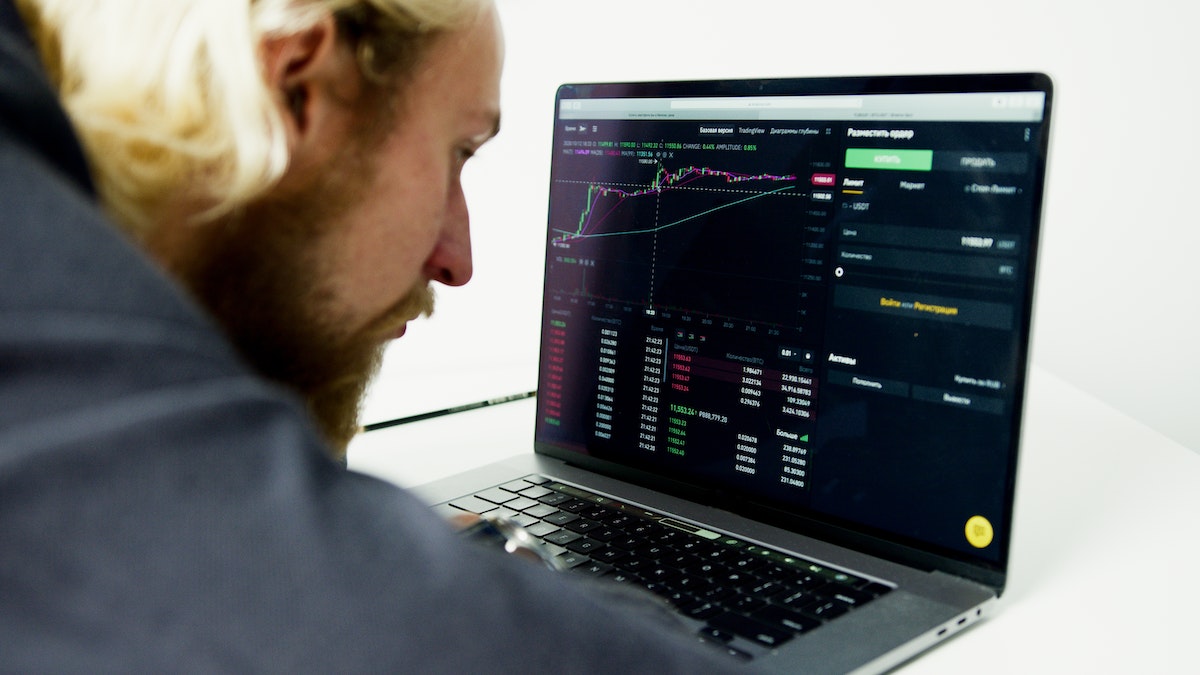A day trader is a type of forex trader that typically only holds a position for a short period, usually no longer than a day. Day traders enter and exit trades multiple times throughout the day to take advantage of small, short-term price movements.
While this trading style can be profitable, it is also highly volatile and risky. Because they are only in a trade for a short time, day traders must be able to make decisions and execute trades at lightning speed quickly. They also have a minimal margin for error, as even a tiny mistake can result in sizable losses.
If you are thinking about becoming a day trader, educating yourself about the risks is essential. While there is the potential to make money, you could also lose everything you invest. Make sure you understand the risks before making any decisions.
Stocks vs Forex
There are several distinctions to consider regarding forex vs stock for day trading. One big one is that because day traders’ positions will not be kept overnight, actual events like particular news occurrences can cause prices to drop before or after the market opens and rises.
The forex market is open 24 hours a day, so that fundamentals may impact price movement at any given moment, and traders should be aware of this if using a purely technical method.
When comparing day trading forex with day trading equities and other markets, you must consider several more variables. Lending levels, trading volumes, accessibility, and more are among the distinctions between forex day trading and stocks day trading for US investors.
Strategies for day trading include:
Momentum trading
Another popular method of forex day trading is momentum trading. This technique seeks significant price changes accompanied by a large volume of trade in the direction of the movement. Momentum trading entails being able to sit and wait for the ideal moment to open a position.
Forex news trading
Traders will want to stay up to date on the latest trading news in the near term. Knowing what’s going on in the market can help traders plan for future trading decisions and establish their day’s trading objectives and techniques ahead of time. As a day trader, you’ll be tracking economic news and events, central bank statements, interest rate fluctuations, and other data releases. It’s critical to follow major economic announcements and occurrences as a day trader.
Identifying breakouts
Forex breakout trading entails waiting for large market movements. Changes in a country’s economic data are one potential reason for these changes. A trader may take a long position when prices break through significant price support and resistance levels suggesting the start of a trend. The trader would then establish a position where they believe prices will go.
Trend trading
Traders who want to day trade forex often use trend trading as a method. This entails examining long-term charts to discover a movement trend. Traders will look at a chart with a shorter time horizon for trends moving in the same direction once the overall trend has been identified.
The last word
Forex day trading is frequently perceived as a means to achieve a quick return on your money, but it is not appropriate for everyone. You should think about certain things before diving into this sort of trading. Like any other form of trading, forex day trading entails certain dangers.
Traders use leverage when trading financial derivatives such as spread bets or contracts for difference (CFDs). In a volatile currency pair trading environment, overuse of leverage and rapid fluctuations in the market might result in significant losses. Forex day traders should use risk-management tools like stop-loss orders to reduce potential losses.

